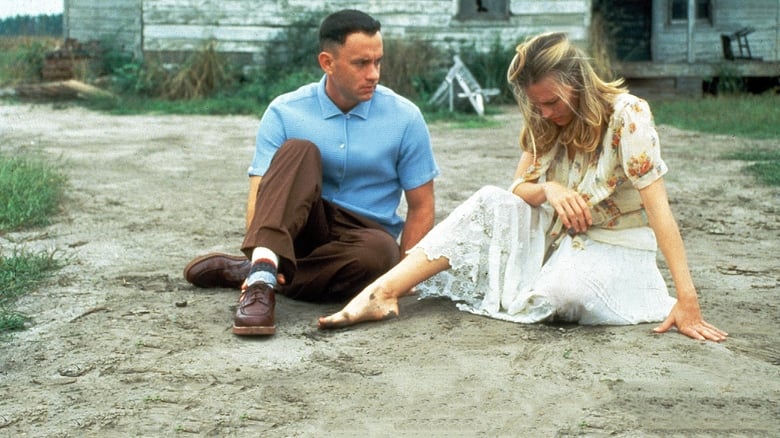

Poor Forrest is terribly gullible, incognizant and oblivious to the history unfolding all around him, always failing to recognize the significance of things occurring everywhere except only when it concerns him personally, such as the Civil Rights and Feminist movements. He values and holds onto a simple, black-and-white worldview while also living an aimless, frivolous and largely apathetic existence. Indeed, I continue being amazed by the irony of it all, as moviegoers love it without realizing Forrest actually represents them, the average American. In fact, it's really these two aspects deserving of more recognition and deeper analysis, which I maintain as distinctly different and separate from the film's mainstream appreciation.

On the other hand, what saves the film from complete mediocrity is Zemeckis' superb direction and Tom Hanks performance as the lovable, dim-witted, unwitting hero. Ultimately, aside from its ingenious use of early CG visuals, the plot is downright generic, an attempt at being a sweeping all-encompassing tale of history but lacking an engaging, emotional core outside of what drives the central titular protagonist. In a year when it won the Oscar for Best Picture against the likes of Pulp Fiction, The Shawshank Redemption, Quiz Show and Four Weddings and a Funeral, the touching story of a simple man from Alabama gawkily stubbing his toe on major American events of the 20th Century is, quite frankly, not worthy of such notoriety and acclaim. However, amusing and exceptionally well-made as it is, the film is hardly deserving of the accolades and endless praise it continues to bask in. It's an adequate and satisfying enough romantic drama. Nearly twenty-five years later, my sentiments for Robert Zemeckis' Forrest Gump still remain true.


 0 kommentar(er)
0 kommentar(er)
